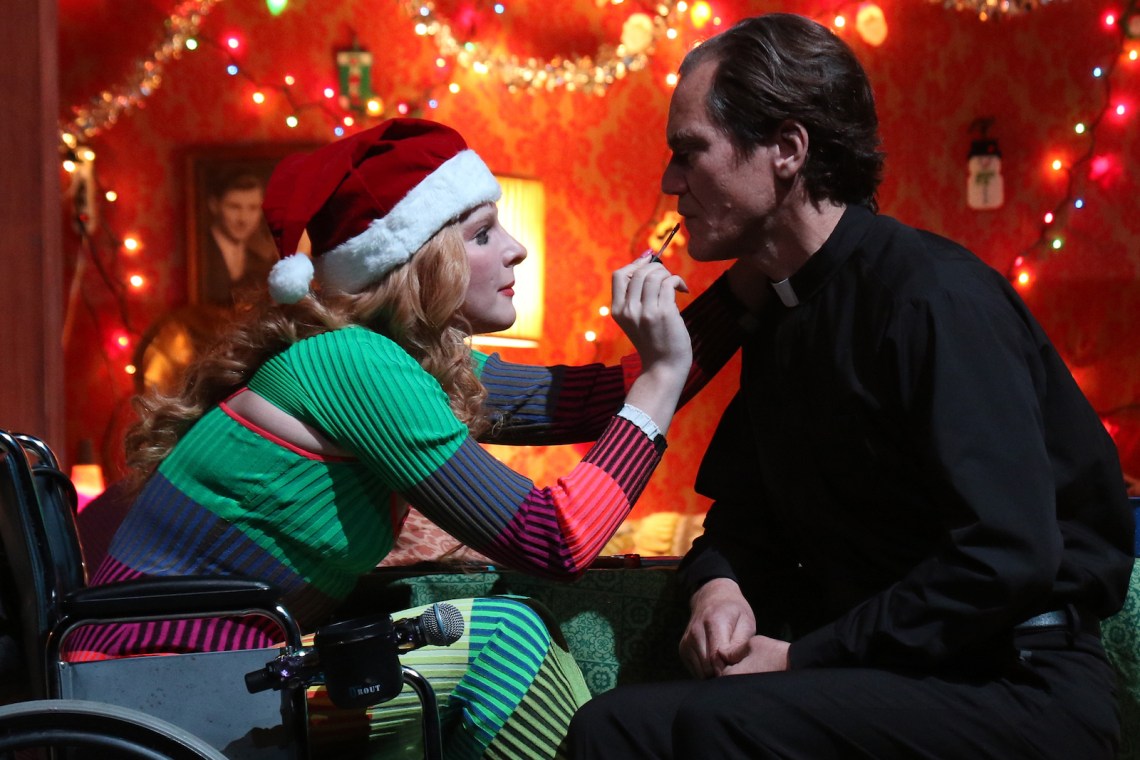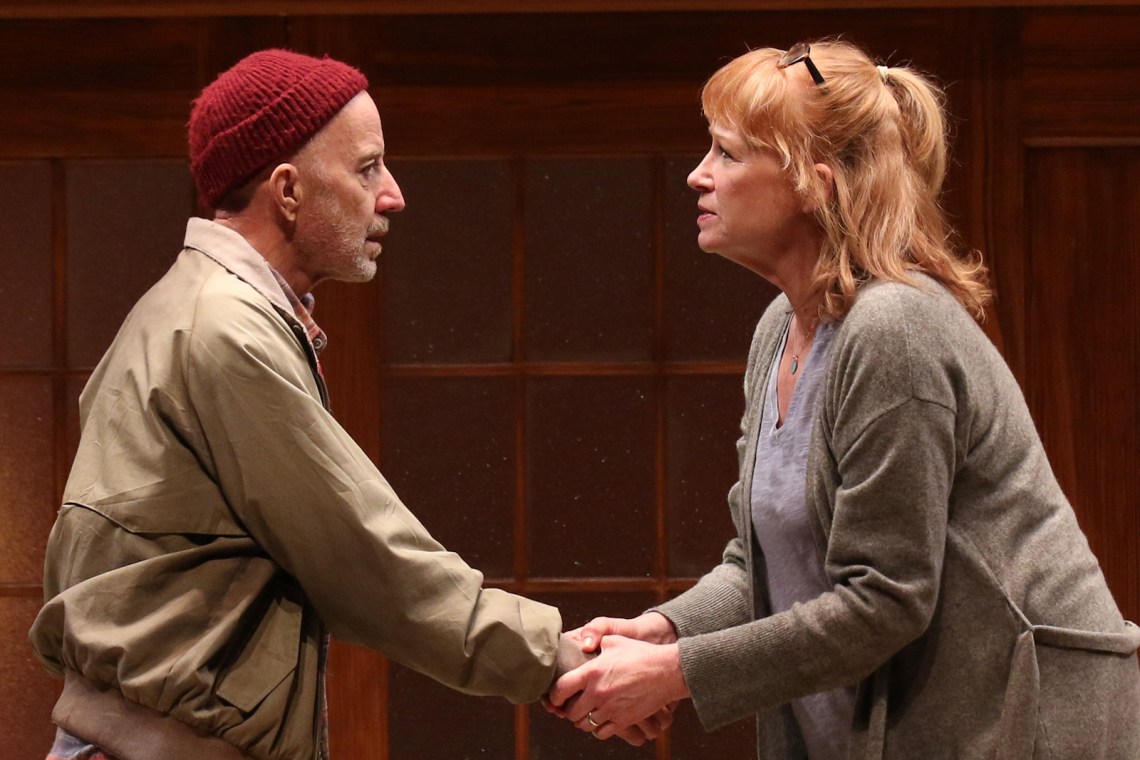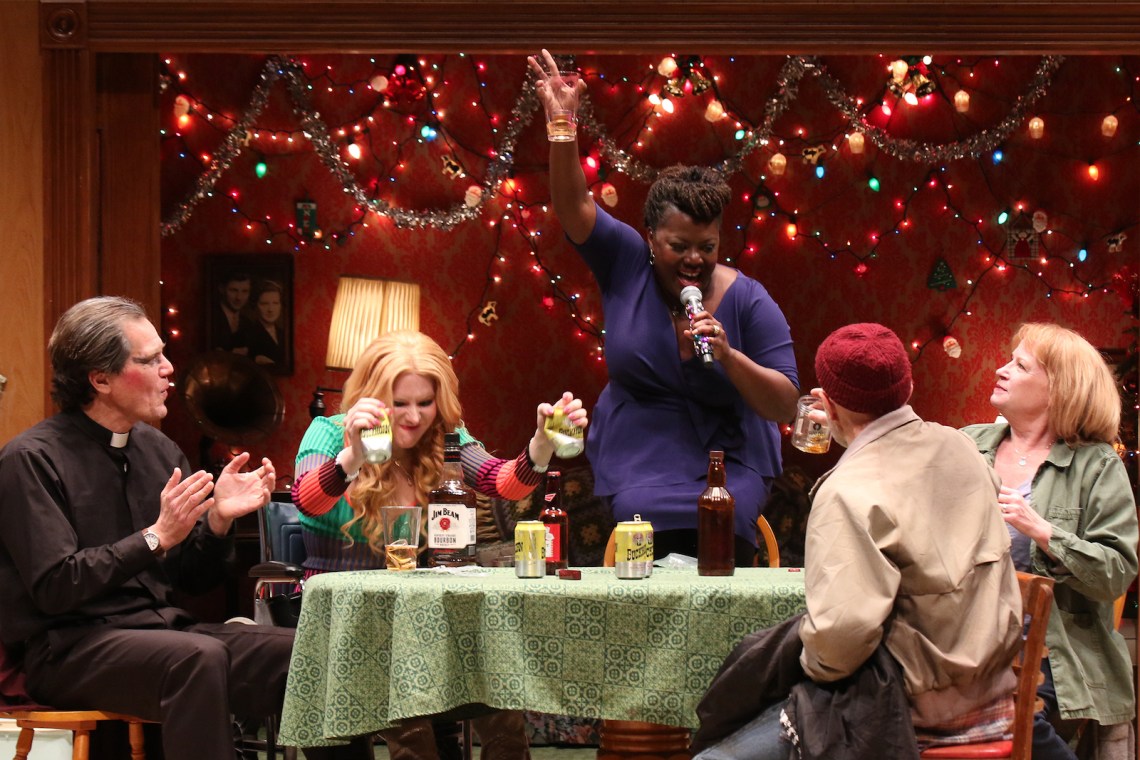Rereading Denis Johnson’s novels and stories in the years since his death it always surprises me how clear his voice comes through and how badly I needed it. It’s like shoving quarters into a payphone, or consulting a psychic. Many try to imitate him. But much like those who do pale impressions of J.D. Salinger’s Holden Caulfield or F. Scott Fitzgerald’s Nick Carraway, they miss the quivering sensitivities and ironies that make Johnson’s writing so devastating. Their characters will tell you all casual-like about their pathetic little days, but they won’t tell you just how pathetic, or about the nagging tenderness they feel for life and those who get to live it anyway.
Johnson’s vulnerability can be mistaken for swagger, maybe because in certain respects his life turned out a hero’s journey: first addiction, then redemption in the form of getting clean and producing a book of fiction—the 1992 breakout story collection Jesus’ Son—that barely disguises the antics of his earlier years. In a memorable scene from one of those stories, “Emergency,” a man walks into a hospital with a hunting knife in his eye:
“Who brought you in?” Nurse said.
“Nobody. I just walked down. It’s only three blocks,” the man said.
Nurse peered at him. “We’d better get you lying down.”
“Okay, I’m certainly ready for something like that,” the man said.
It’s in moments of heavenly dialogue like this that you can see why Johnson tried his hand at playwriting. Johnson also claimed in interviews, which he rarely gave, that producing his plays connected him to other people in ways that felt to him like growth, or at least a pleasant change of environment, although they could spin out his social anxieties. He also claimed they were financial failures (“There’s no money in it so I’m slowly—actually, rapidly going broke,” he told the now defunct Details in 2002), although I couldn’t be sure, for a man with as pronounced a sympathy for gamblers as Johnson, that the risk wasn’t part of the appeal. Maybe nothing you could put in a lockbox accrued to Johnson from these dramatic experiments of the 2000s, but there do remain at least seven precious plays, many composed in collaboration with San Francisco’s Campo Santo theater company, four of them collected in published volumes. It isn’t clear whether he ever finished his play “Nazi Truth Drug,” only that he never regretted it wasn’t produced.
The plays aren’t half bad, although it’s safe to say they aren’t the best of him. Often they read as punchy synopses or even parodies of his earlier work. They have the energy of a grand gesture that charms and apologizes at the same time. They’re littered with historical refuse, Johnson’s and America’s: noirish crooks, FBI agents, lower-case “f” fuckheads. Shoppers features a foul-mouthed television set that belches forth the unconscious wishes of its advertisers. In Purvis J. Edgar Hoover and Lyndon Jonson pass a scene making odd, sometimes slapstick remarks about the nuclear button on the president’s desk. Both on the page and in motion these plays bring one into contact with some of the most exorbitantly Denis Johnson sentences the world has known, such as this stage direction from Shoppers:
On the wall above the bed a large iridescent-on-velvet portrait of Elvis Presley singing or a Polynesian woman with naked breasts or something like that. Throughout the scene, the atmosphere is hushed and holy.
*
Johnson’s last play, Des Moines, is his least cartoonish, characterized instead by a strong undertow of desperation. “Hushed and holy” is the opposite of how I would describe its atmosphere. It’s about down-and-out people with bills they struggle to pay and sentences they have trouble finishing. Bound by everyday sorrow and sudden tragedy, they come together for an evening of debauched drinking. As in all of Johnson’s writing, the local bars are referred to by name (The Rusty Nail, Fore and Aft), but here the entirety of the action takes place in the kitchen of a late middle-aged couple, Dan (Arliss Howard) and Marta (Johanna Day), and their twentysomething granddaughter, Jimmy (Hari Nef).
At the Polonsky Shakespeare Center, where the Theatre for a New Audience has mounted a sturdy and impeccably cast production of this uneven play, the boxy set glows in the dark like a TV blaring a twisted sitcom episode. This kitchen in Des Moines could be from anywhere in America, a shrine to a few basic appliances with a table and chairs at its center. Through sliding doors we glimpse a den with a Christmas tree and a couch for Jimmy to sleep on. The fridge emits a light so uncannily bright it brings to mind the light at the end of the tunnel.
Advertisement
The play opens with Dan, a cab driver who picks up extra shifts late at night, telling Marta about a recent passenger he drove to the airport whose plane subsequently crashed. The dead man’s grieving widow, Mrs. Drinkwater (Heather Alicia Simms), got in touch with Dan at some point (his memory for names, dates, conversations is extremely partial) and now she’s bound to turn up for her wedding ring, which she left at the garage. Marta, his wife, has been sick and reveals that the doctors recently informed her she has only a few months to live. The remark passes with as much fanfare as Dan’s story about seeing one of their priests, Father Michael (Michael Shannon), standing outside a gay bar wearing makeup. “There’s nothing more hellish than—you know—than the sidewalk outside of a bar at closing time,” muses Dan. “It’s like the punishment of the damned.”
This exchange sets the pace for the rest of the play, in which characters, mired in their own monologues, talk at cross-purposes. Each of them is piloting their own slowly sinking plane, but it doesn’t seem to impede the flow of words. Sometimes the crosstalk keeps the play from drawing out convincing relationships among its characters, but it does allow for some intriguing cases of misrecognition. Dan and Marta, for instance, have some trouble figuring out whether they’re talking about Father Michael or Father Mike. The latter never materializes, although a karaoke “mic” that Jimmy carries in her wheelchair holster becomes crucial to the rhythm and noise level of the play’s second half. Later Father Michael comes over and tries to make small talk, but he too can only sound off on what’s eating him:
Michael: Hey, I hardly recognized the old neighborhood.
Marta: What do you mean?
Michael: Well, it’s changed so much.
Marta: Changed. But you come here all the time.
Michael: But I don’t look where I am.
There is a certain material truth to Michael’s comments. We learn that the farmland on which he and Dan were raised has been overrun by “urban sprawl.” Locals have little choice but to work in one of the factories manufacturing car parts or tubing. Meanwhile, Marta and Dan exhibit implacable prejudices. They direct a few racist comments at Mrs. Drinkwater, the play’s only black character, and don’t fare any better when it comes to Father Michael’s homosexuality or Jimmy’s recent gender confirmation surgery (they always use the wrong pronouns). The doctor botched the operation, leaving Jimmy in a wheelchair. These details hint at the fault lines and misfortunes besetting the community but remain surface-level banter. Everyone has at least a few reasons to drown their sorrows.
*
There is pleasure in losing, in failing to become legible and dissolving into the world one brain cell at a time—or if not pleasure then at least sweetness. Johnson never begrudged his characters that, and thank God he didn’t, because in Des Moines it’s the juiciest scrap of reality he’s got to cook with. Once his five characters are assembled in the kitchen, Johnson has them continuously downing “depth chargers,” a pun on both the big emotional excavations intoxication sometimes enables and—because this is Johnson—submarine warfare. This excites in Dan a poetic memory of imbibing his first depth charger and falling over drunk, the parking lot pavement “like a cliff face I was hanging onto for dear life…I looked up at that wheel of my car, and fixed my mind on that goal, and with a colossal effort, I commenced to climb.”
Johnson’s own failures as a dramatist are forgivable. Even when he comes up to the line of questionable taste, at least there’s a priest in the house. But it all becomes a bit meandering and detached. He’ll build up a scene with snappy dialogue like hits at a blackjack table until they climax in a loss of meaning you could swear you saw approaching from the start. This weakness in the play is clearest the morning after, which occupies the last twenty minutes or so. Dan and Mrs. Drinkwater discuss their dreams, unable to recall certain details. It’s suggested that Dan may have dreamed or misremembered elements of the previous night. I didn’t care for that much. It felt like a ploy to lift the play out of the muck of bodily noises, depressions, and pains and end on a note of ethereal absurdity, but I wanted to remain in the mess. Anyone who wakes up with a hangover that bad knows it was all too real.
Advertisement
The best parts of Des Moines are about being alone with Johnson. Or Johnson being alone with his writing, which never seems remote in this setting, given the amount of it he claimed to do in and around his kitchen. Or Johnson alone with a song, and of course it’s Elvis (one of the author’s lifelong obsessions, invoked well over a dozen times throughout his plays). It’s worth all the misdirection and disappointment to see Michael in cassock and blush, body lightly rocking like a tree loose at the roots, sing his karaoke interpretation of “Love Me Tender.” Shannon delivers a subdued performance with the same howling, almost disbelieving face he always carries with him. Witnessing it I thought I could hear what Johnson heard when he wrote that scene, a rendition that still throbs horribly, and, of course, sweetly. Something had been put back together, voice sutured to word. A loss too particular for expression can be as good as a cure, in a pinch.




